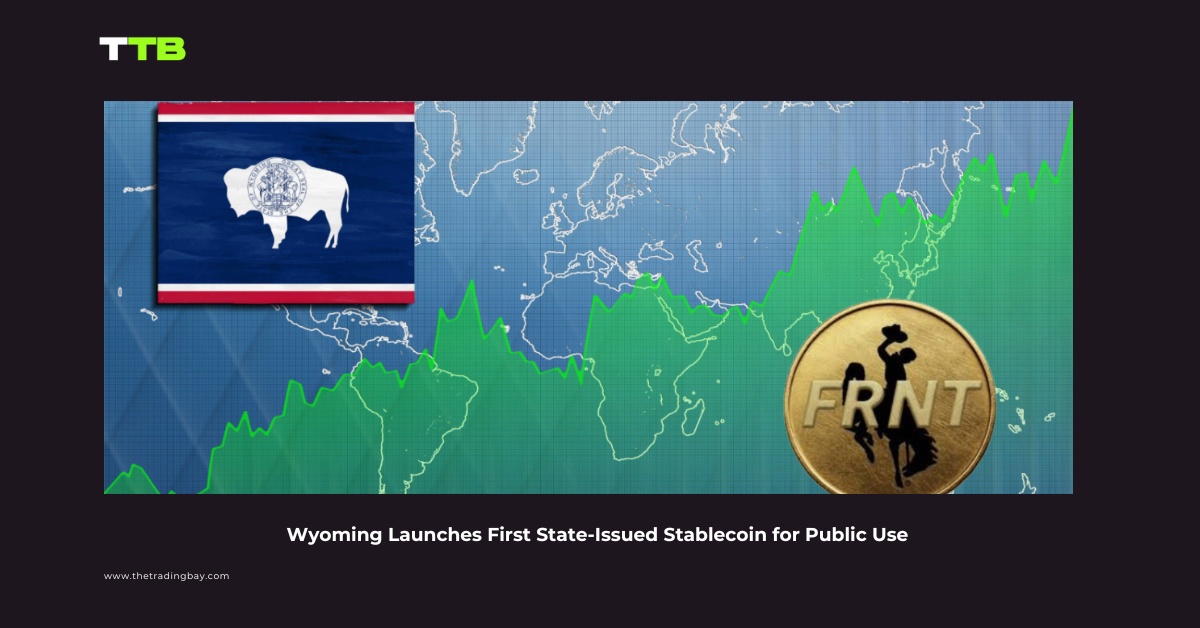Gold edged lower during today’s Asian trading session as investors prepare for a 75-basis-point interest rate hike from the Federal Reserve this week. It dropped by 0.16% and is now trading around $1,724.
Gold has been on the back foot, losing nearly $350 or 16% since it rallied above $2,000 per ounce in March, following Fed’s aggressive tightening policy and dollar rally. The dollar, which moves inversely to gold, edged lower on Monday morning. Meanwhile, the benchmark U.S. 10-year Treasury yields continue to trade near eight-week lows.
According to SPI Asset Management managing partner Stephen Innes, the fall in U.S. yield amid global recessionary concerns has largely impacted gold’s performance in the second quarter.
Ahead of the Federal Open Market Committee, analysts expect the metal market to be largely impacted by indecision. Should that be the case, it would affect the Fed’s dilemma of confronting inflation at the expense of growth.
Investors look keenly to the U.S. Federal Reserve’s two-day policy meeting set to wrap up on Wednesday for fresh impetus. Meanwhile, experts are currently betting on a 75- basis point interest rate hike.
The ECB has followed the footsteps of other global peers to confront rising inflation. Owing to that, the European Central Bank recently raised interest rates by 50 basis points. There are also plans to increase interest rates until inflation reaches the 2% target,
It isn’t only Gold that is taking a beating lately. Silver has also been on the back foot, losing 0.5% today. Further, Palladium, another leading metal, has dropped by 1.5%, while platinum has edged lower by 0.2% in today’s session till now.
Oil continues its downward trajectory
Elsewhere, oil prices have continued to drop, extending losses on Monday amid concerns that Fed’s continued aggressive tightening policy will weaken fuel demand.
Brent crude futures for September settlement have dipped $1.19 or 1.2% to trade at $102.01 a barrel, a consecutive four-day drop. U.S West Texas Intermediate (WTI) crude futures for September delivery fell $1.33 or 1.4% to $93.37 per barrel, despite early gains.












